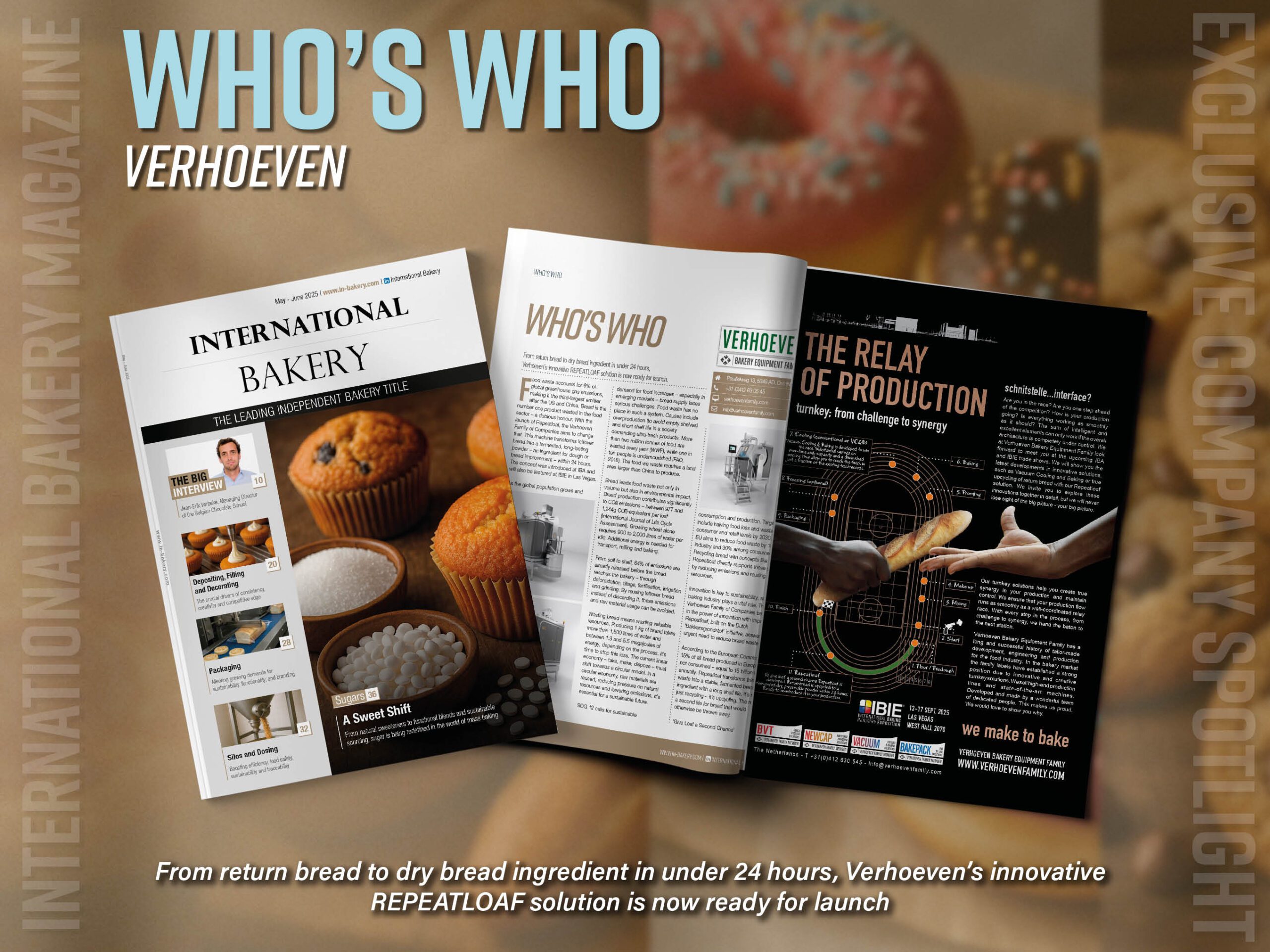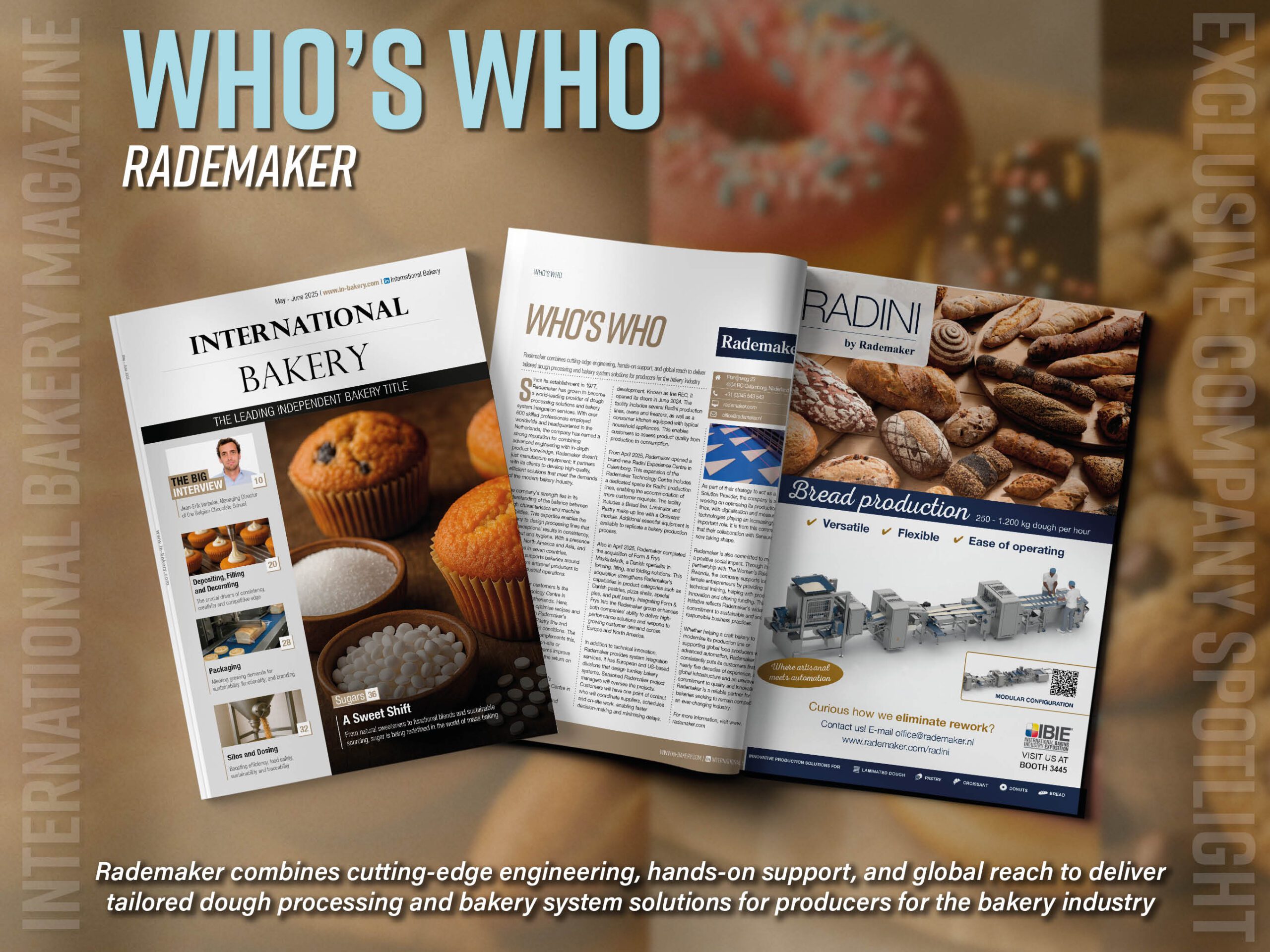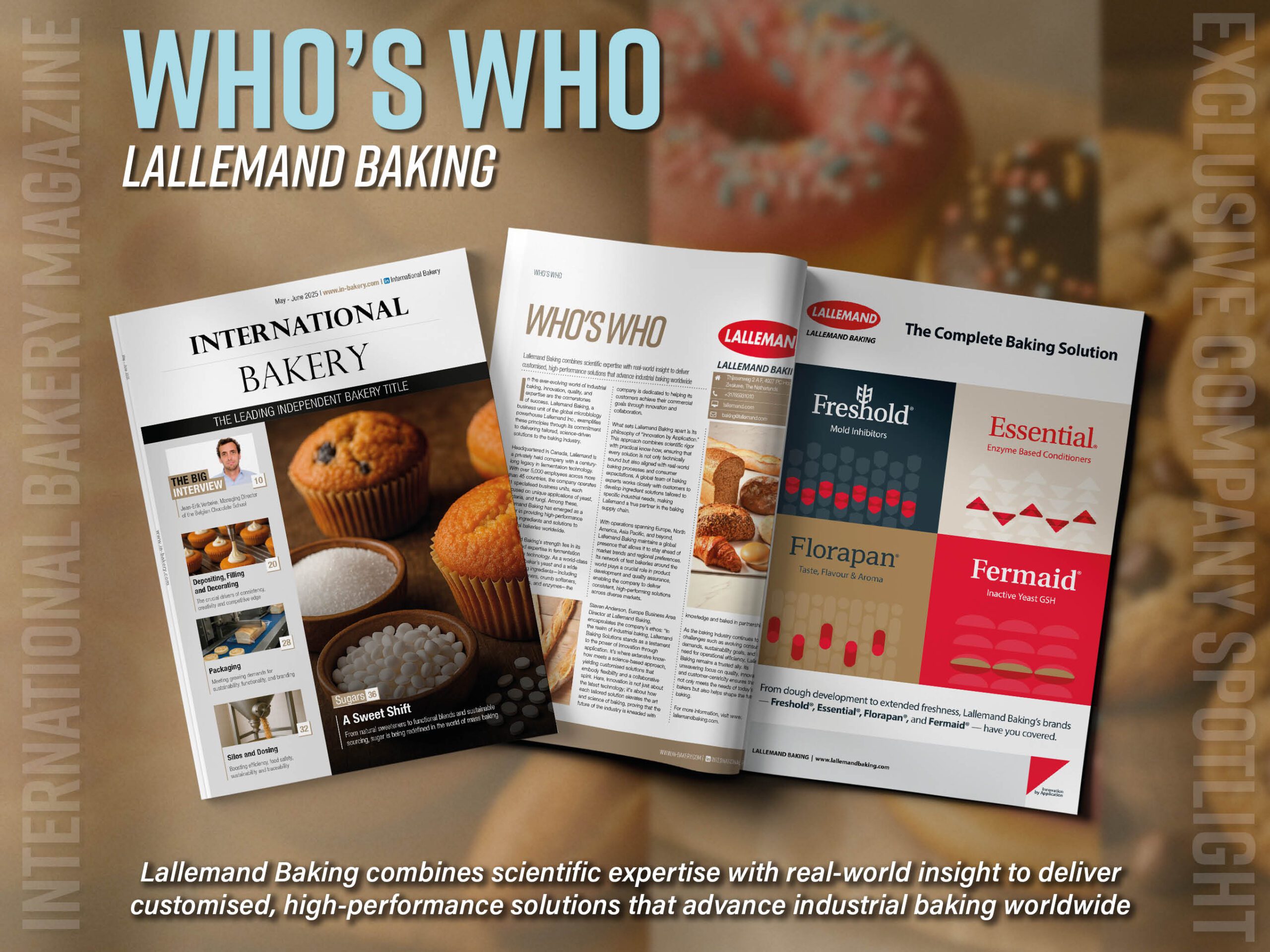As baking methods and consumer preferences evolve, so do the challenges associated with leavening. Maintaining consistency is one of the biggest hurdles, particularly in industrial settings where precision is critical. Slight variations in the activation of leavening agents can lead to uneven textures or undesirable product outcomes, resulting in waste and inefficiencies.
Clean-label demands have further complicated the landscape. Consumers increasingly seek baked goods free from artificial additives, aluminium-containing compounds, and other perceived “unhealthy” ingredients. This shift requires reformulation, often at the expense of the predictability and performance that traditional chemical leaveners offer.
To address these concerns, many manufacturers are investing in natural and organic alternatives. Fermentation-derived acids, such as citric or lactic acid, are being used to enhance leavening performance without compromising label transparency. Additionally, advancements in plant-based and fermentation-derived proteins have enabled bakers to replace synthetic stabilisers while still achieving optimal texture.
Another pressing challenge lies in the growing demand for gluten-free and plant-based products. These categories lack the structural properties provided by gluten and traditional dairy or egg-based ingredients, which complicates the gas retention necessary for proper leavening. Bakers are tasked with finding innovative solutions to replicate these functions while maintaining desirable textures and flavours.
Hydrocolloids such as xanthan gum, guar gum, and psyllium husk have proven effective in gluten-free formulations, providing elasticity and moisture retention. Additionally, chickpea and faba bean proteins are emerging as functional egg replacers, offering both aeration and emulsification properties that contribute to better gas retention and overall texture.
Sustainability is another growing concern in the baking industry. The production of some traditional leaveners, such as synthetic chemical compounds, can have significant environmental impacts. Reducing waste and energy consumption in the leavening process is an area of focus for many manufacturers.
To mitigate these impacts, companies are turning to carbon-neutral fermentation processes for yeast production and exploring renewable raw materials for chemical leaveners. The development of enzyme-based leavening systems is another promising area, offering more efficient gas production with minimal environmental footprint.
Read more latest industry news and developments in our free to download magazine.
Never miss a story… Follow us on:
LinkedIn: International Bakery
X: @int_bakery
YouTube: @Bakery-TV
Media contact
Joseph Clarke
Editor, International Bakery
Tel: +44 (0) 1622 823 920
Email: editor@in-bakery.com






